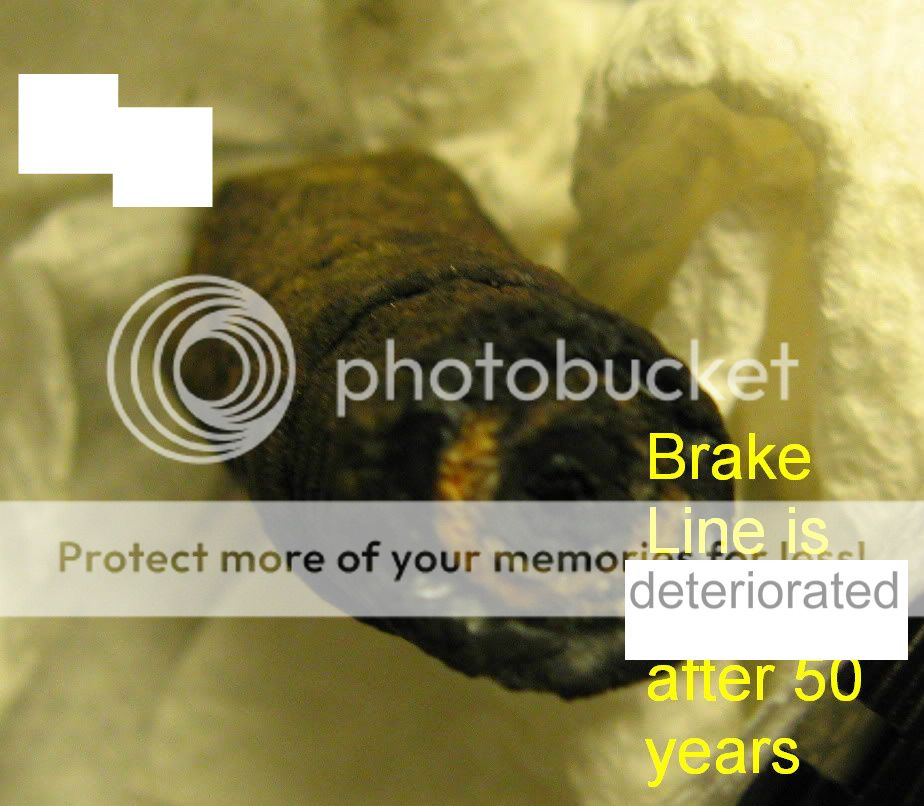Mowgli81
Member
Offline
Apparently the Brakes were done in 2008. The car has sat for the last two years. Upon depressing the brake pedal it goes straight to the floor. I opened the small can that appears to be the "Master Cylinder" filled with brake fluid and it is pretty much empty. I inspected all the brakes at the wheels to see if there was a prominent leak, and I did not see one. I have only worked with more traditional Master cylinders.
My question is this:
1. Can I add brake fluid and bleed them and be OK? Or is there another process I should follow?
2. Is it traditional dot 3 brake fluid?
3. Anyone recommend a good manual for this vehicle?
Thanks to you all for your answers, encouragement and support.
My question is this:
1. Can I add brake fluid and bleed them and be OK? Or is there another process I should follow?
2. Is it traditional dot 3 brake fluid?
3. Anyone recommend a good manual for this vehicle?
Thanks to you all for your answers, encouragement and support.

 Hey Guest!
Hey Guest!
 smilie in place of the real @
smilie in place of the real @
 Pretty Please - add it to our Events forum(s) and add to the calendar! >>
Pretty Please - add it to our Events forum(s) and add to the calendar! >> 




 A friendly reminder - be careful what links you click on here. If a link is posted by someone you don't know, or the URL looks fishy, DON'T CLICK. Spammers sometimes post links that lead to sites that can infect your computer, so be mindful what you click.
A friendly reminder - be careful what links you click on here. If a link is posted by someone you don't know, or the URL looks fishy, DON'T CLICK. Spammers sometimes post links that lead to sites that can infect your computer, so be mindful what you click.